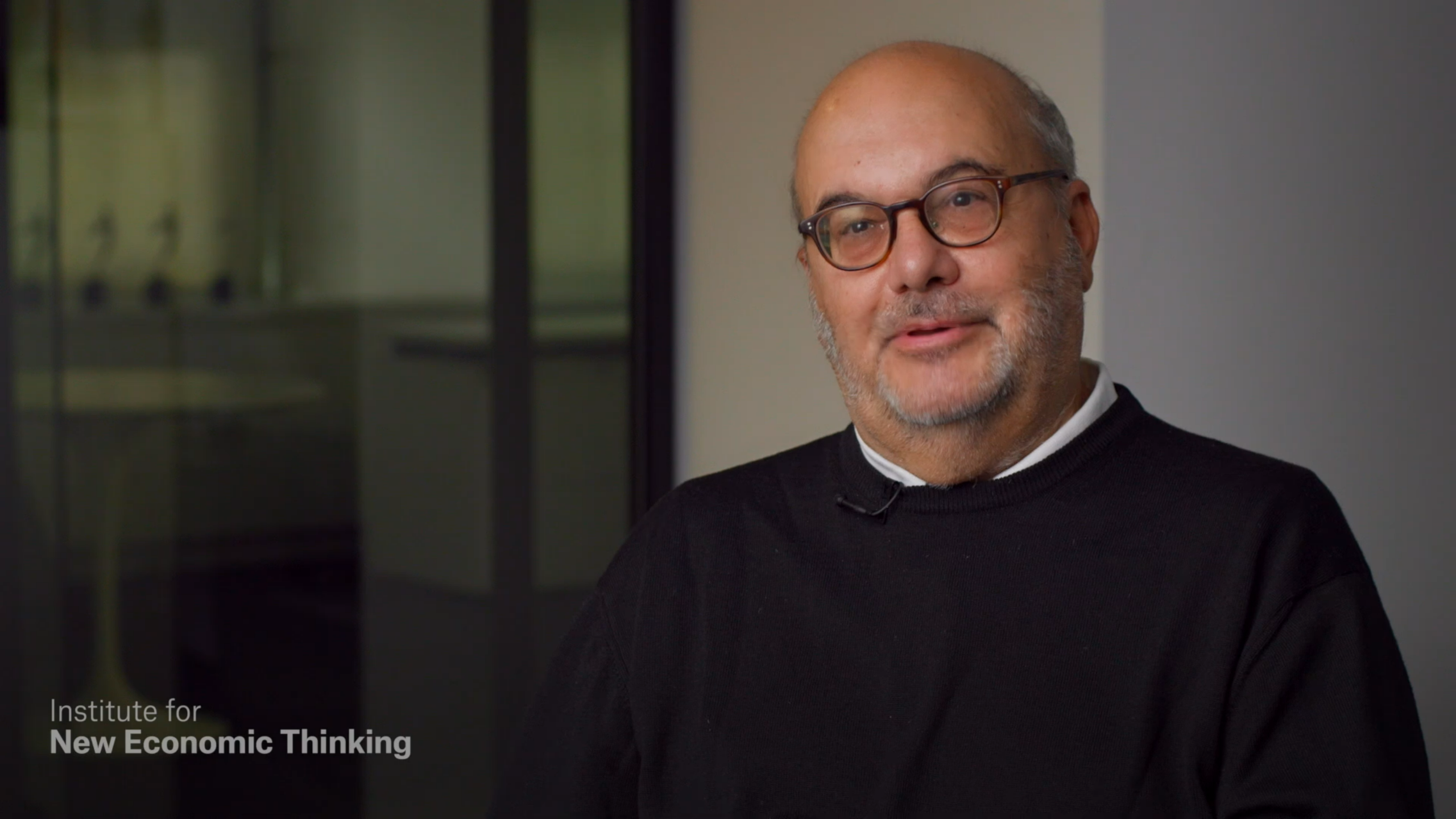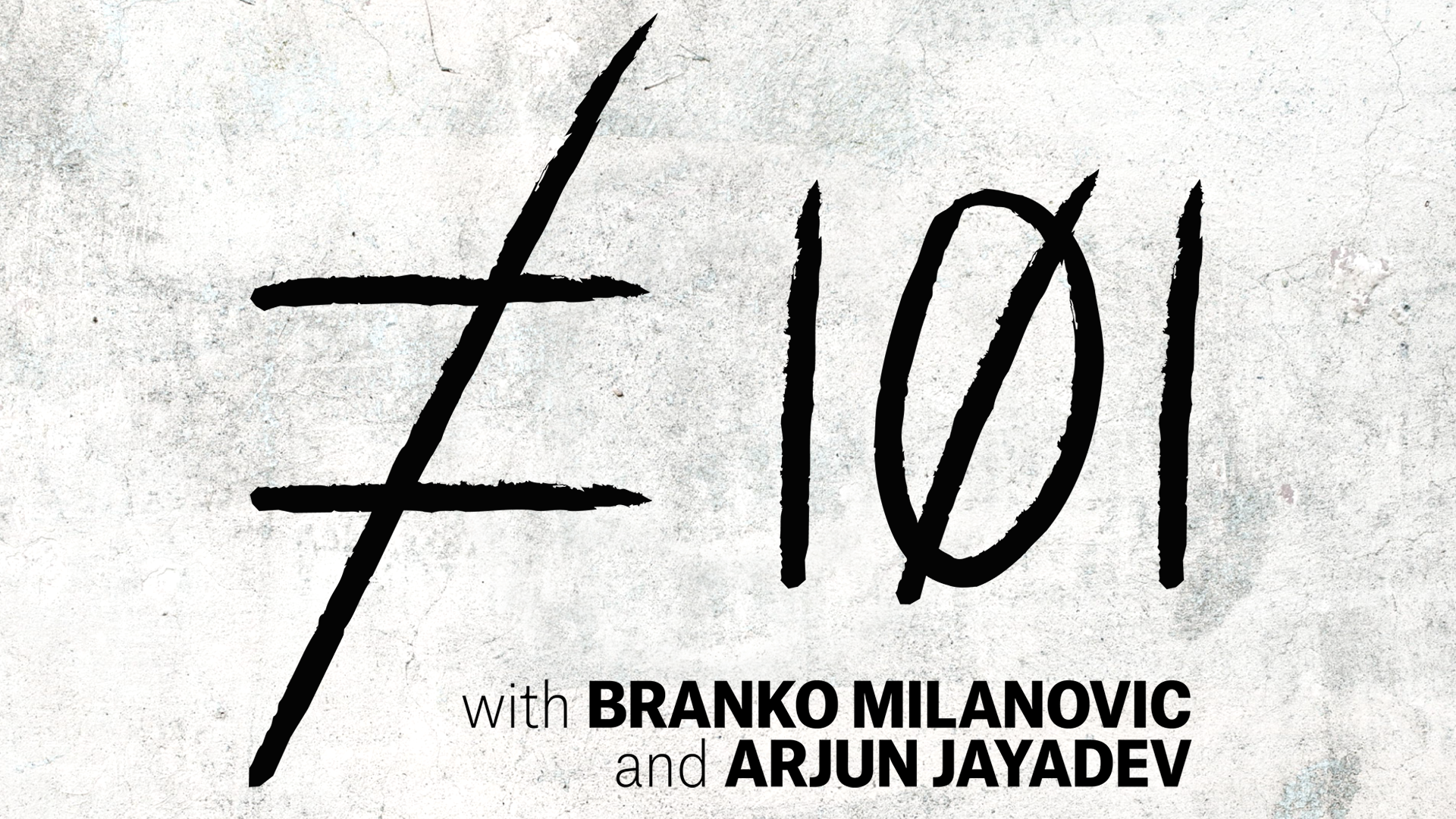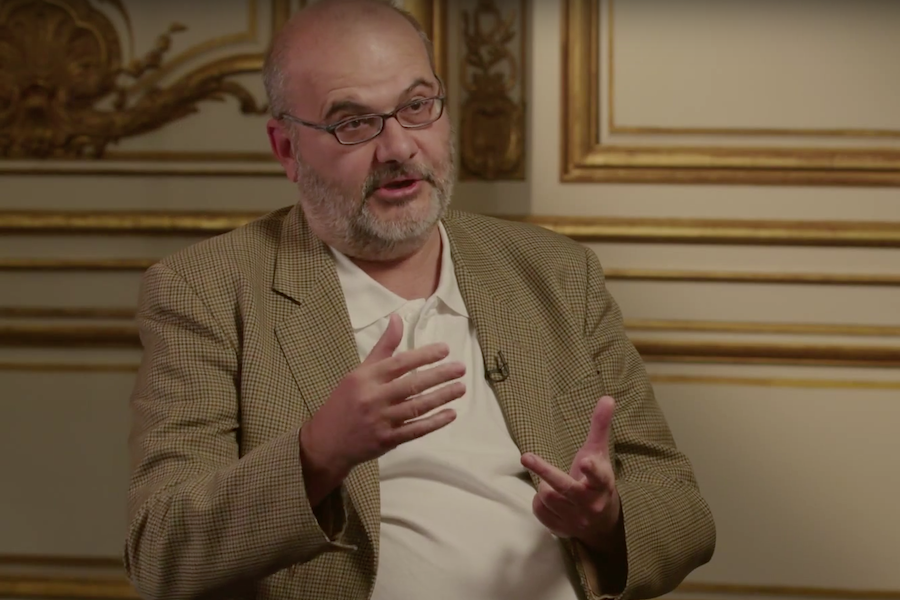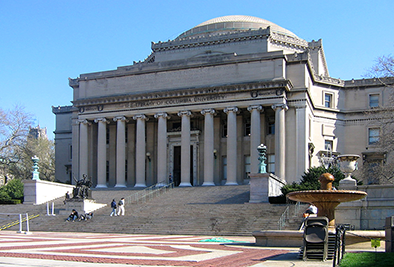Currently, presidential professor at the Graduate Center City University of New York and senior fellow at Luxembourg Income Study. He obtained his Ph. D. in economics at the University of Belgrade with a dissertation on income inequality in Yugoslavia. He was lead economist in World Bank Research Department for almost 20 years and senior associate at Carnegie Endowment for International Peace in Washington (2003-2005). He held teaching appointments at University of Maryland (2007-2013) and School for Advanced International Studies, Johns Hopkins University (1997-2007). Milanovic’s main area of work is income inequality, in individual countries and globally. He has published a number of articles on methodology and empirics of global income distribution and effects of globalization (Economic Journal, Review of Economics and Statistics, Journal of Political Philosophy etc.). His most recent book The Haves and the Have-nots: A Brief and Idiosyncratic History of Global Inequality, was published in 2011, translated in seven languages, and selected by The Globalist as 2011 Book of the Year.
Branko Milanovic

By this expert
Global Income Distribution: From the Fall of the Berlin Wall to the Great Recession
The paper presents a newly compiled and improved database of national household surveys between 1988 and 2008. In 2008, the global Gini index is around 70.5 percent having declined by approximately 2 Gini points over this twenty year period. When it is adjusted for the likely under-reporting of top incomes in surveys by using the gap between national accounts consumption and survey means in combination with a Pareto-type imputation of the upper tail, the estimate is a much higher global Gini of almost 76 percent.
Featuring this expert
Visions of Inequality

Branko Milanovic takes us on a historical journey through the evolution of economic inequality in his latest book. Milanovic connects these foundational ideas to contemporary issues, revealing the intricate tapestry of economic, social, and political forces that drive inequality today.
Inequality 101

Inequality, in many ways, may be the biggest question of our times. And yet it is a topic that is still underexplored in conventional economics curricula.
The Global Haves And Have-Nots In The 21st Century

This is almost certainly the highest level of relative, and certainly absolute, global inequality at any point in human history. Is there anything we can do to reverse or mitigate this trend?
Global Inequality @Columbia

The relatively new field of inequality studies is gaining increasing momentum as economic disparity grows throughout the world, in advanced countries as well as less developed ones—especially in the United States.